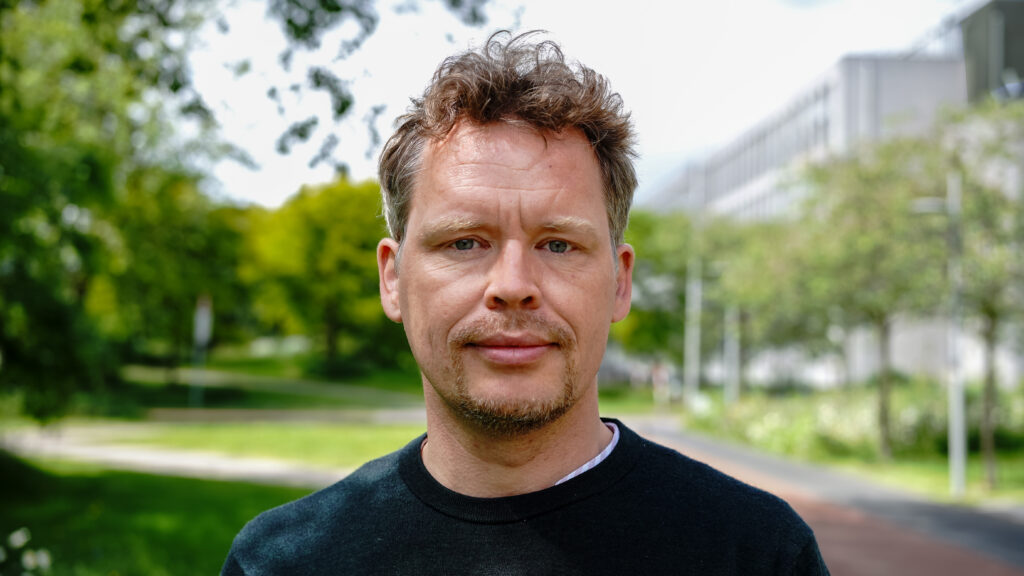In this series, we introduce you to the people behind CropXR. Who are they, what do they do, and why are they passionate about their work for CropXR?

Name: Sören Wacker
What is your professional role within CropXR?
I am a Senior HPC (High Performance Computing) Research Engineer.
Can you describe this role in a nutshell?
Within CropXR, I am responsible for data management solutions to keep data findable, accessible, interoperable, and reusable (FAIR) for diverse teams of biologists, computer scientists, and industrial partners. My key responsibilities include collecting requirements from all stakeholders to design, implement, and evaluate data infrastructure. This helps to ensure that researchers can focus on conducting their research.
I hope to establish an inclusive data culture
Why are you driven to contribute to the CropXR project?
CropXR is a challenging project with the noble goal of reducing the impact of climate change by creating resilient crops and thereby increasing food security. Experts estimated that the CropXR project will create a data volume in the range of several petabytes within the next ten years. Equipped with experience gained from past large-scale applied research projects, such as the ResistanceDB project, I am motivated to support CropXR with a solid foundation for future growth.
What is the main challenge you face?
CropXR is a collaboration between four Dutch universities and around twenty industrial partners. The project contributors are distributed across the Netherlands and beyond. Furthermore, the contributors have diverse backgrounds ranging from field research and plant-biology to computer science and machine learning. Currently, my main challenge is to identify all these stakeholders to collect requirements for a future data infrastructure, and to create a high-level overview of the data generated within CropXR.
What do you personally hope to achieve within CropXR in the next (10) years?
I hope to enable all contributors of CropXR to store and access the data in accordance with their well-defined requirements. Moreover, I hope to establish an inclusive data culture that carries the project through the coming years.

